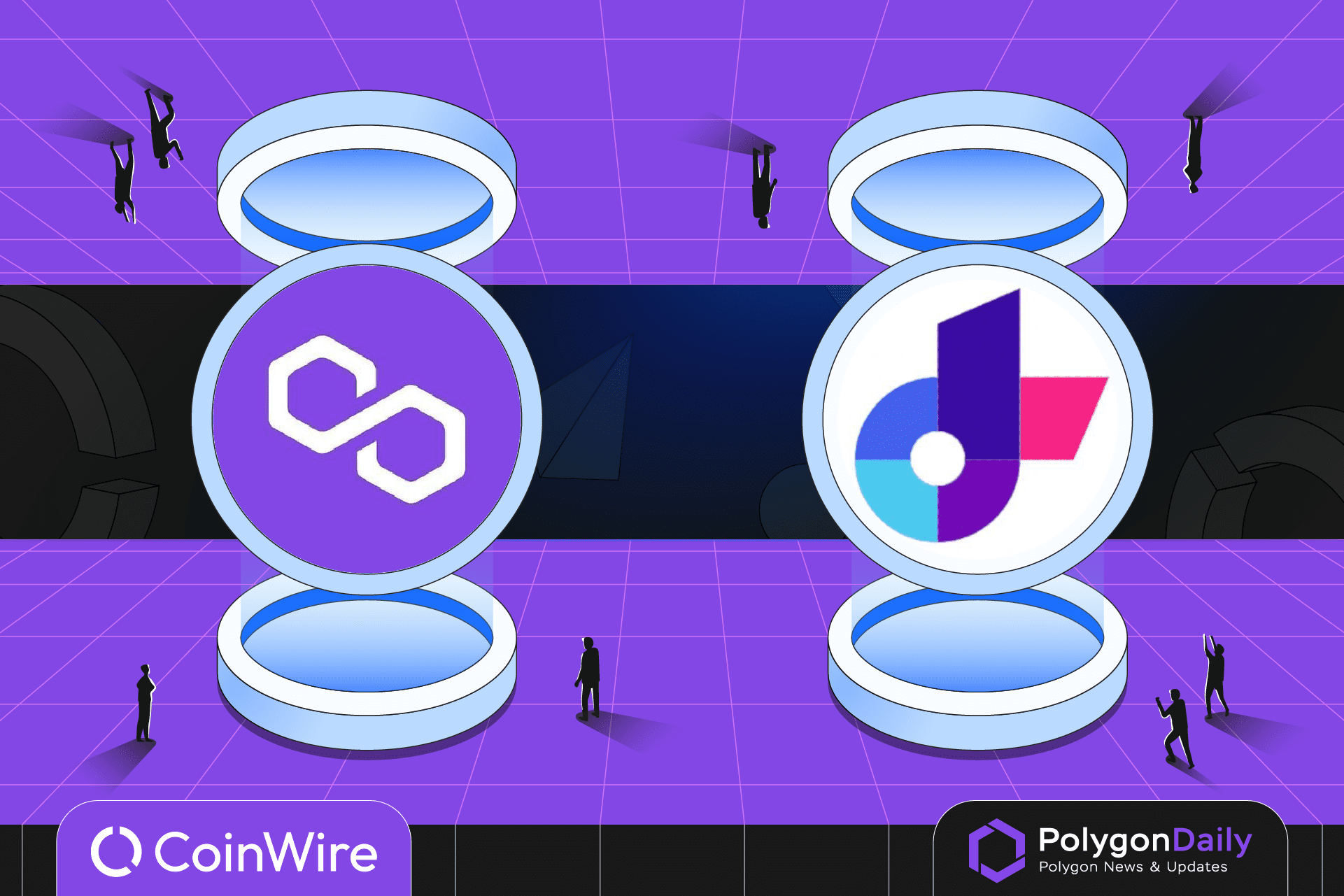DeVO Protocol will integrate into Polygon. A significant step in the acceleration of philanthropy adopting blockchain technology.
DeVO Protocol built on the Ethereum blockchain is integrating with Polygon to prepare itself to scale as the company launches its public raise.
Why Polygon?
DeVO Protocol is integrating with Polygon because Polygon is the leading blockchain development platform, offering scalable, affordable, secure and sustainable blockchains for Web3. Its growing suite of products offer developers easy access to major scaling solutions including L2 (ZK Rollups and Optimistic Rollups), sidechains, hybrid, stand-alone and enterprise chains, and data availability. Polygon’s scaling solutions have seen widespread adoption with tens of thousands of decentralized applications hosted, 1.6B+ total transactions processed, 174.9M+ unique user addresses, and $5B+ in assets secured. Polygon is carbon neutral with the goal of leading the Web3 ecosystem in becoming carbon negative which is important for DeVO Protocol’s user base.
What does integration mean for DeVO Protocol?
Polygon effectively transforms Ethereum into a full-fledged multi-chain system (aka Internet of Blockchains). Some highlights of what the integration will mean for DeVO:
- It is able to fully benefit from Ethereum’s network effects.
- It is inherently more secure.
- It is more open and powerful.
What are the advantages to the user and project?
Ethereum is already the biggest multi-chain system in the world. Its ecosystem organically developed and grew and it currently encompasses:
- 50+ EVM networks.
- Hundreds of enterprise chains.
- Dozens of Layer 2 implementations.
Polygon are introducing structure to this organic ecosystem and providing a framework to grow it further and faster. This provides a vast range of user advantages, namely:
- Faster and Cheaper transactions for our users.
- Scalability so that DeVO protocol is not limited in its global expansion.
- Carbon neutrality, which is important for DeVO Protocol’s user base.
What is DeVO Protocol?
DeVO Protocol, is utilizing cutting-edge Web3 technology to transition philanthropy and volunteering, traditionally a centralized industry, to the blockchain. This means that, among other things, total transparency over where donations are allocated and being spent. We have entered an age that offers an opportunity to have 100% accountability. Upon registration and verification, each user receives a Digital Identification (DID). The DeVO member will then become DeVO Verified and able to seamlessly intercommunicate with other users. All goodwill actions are recorded with eNFTs. DeVO will bring power back to the people.
With philanthropy being a $2.3T economy, it is time to overcome the strongholds of ineffective procedures in the philanthropic space and utilize leading-edge blockchain technology to bring trust back to the forefront of all that we are trying to accomplish.
After a very dark week in crypto history it is with great pleasure and anticipation that we are announcing this integration which truly shows how blockchain can be a significant force for good and a solution to problems faced in the real world. DeVO Protocol solves significant problems for charities, donors and volunteers alike. This Polygon integration is essential in helping us to achieve our vision to empower anyone, anywhere.
Watch this video to learn more about DeVO Protocol: https://youtu.be/iELR32JB4fc
www.devoprotocol.org
Polygon: https://polygon.technology/
DeVO Protocol: https://linktr.ee/devo_protocol
Disclaimer
Opinions stated on CoinWire.com do not constitute investment advice. Before making any high-risk investments in cryptocurrency, or digital assets, investors should conduct extensive research. Please be aware that any transfers and transactions are entirely at your own risk, and any losses you may experience are entirely your own. CoinWire.com does not encourage the purchase or sale of any cryptocurrencies or digital assets, and it is not an investment advisor. Please be aware that CoinWire.com engages in affiliate marketing.








